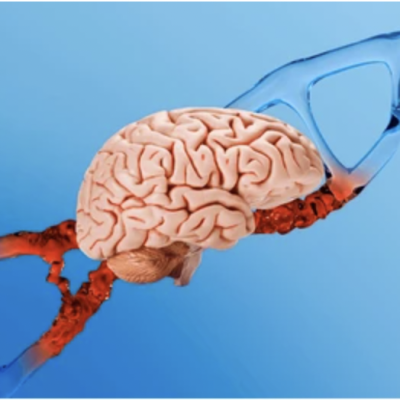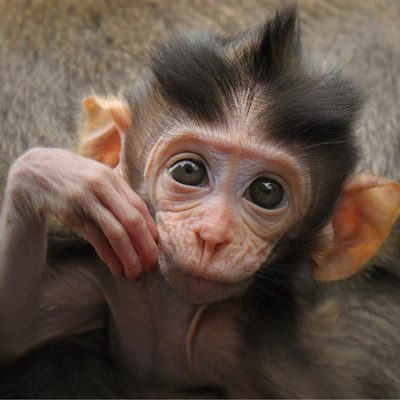A recent study discussed in the Italian press has examined the economic and risk-taking behavior of primates. Researchers Francesca De Petrillo and Alexandra G. Rosati found that various species of primates, including capuchin monkeys, chimpanzees, macaques, and gorillas, exhibit a gambling tendency similar to that of humans. Scientists have been studying the similarities between humans and primates for decades. A study by the US Center for Human Genetics found that human and chimpanzee genes are 96% identical. Recent research suggests that this similarity may be even higher. A report from the US National Museum of Natural History in 2020 showed that anthropologists have now identified a genetic similarity of 98.8% between humans and chimpanzees. This similarity is 98.6% for gorillas and 96.9% for orangutans.
The study, published by the Institute of Cognitive Sciences and Technologies (CNR) in Rome, shows that different species of primates have different approaches to economic decision-making. Risk-taking, or the tendency to choose an option with a low chance of winning, depends on the social context and the extent of potential losses. Chimpanzees tend to take a gambling risk when potential competitors are nearby and they will receive at least a small consolation prize in the event of a loss. Capuchin monkeys, on the other hand, carefully evaluate the value of their potential loss and that of the possible gain. With macaques, it was found that risk-taking is higher when there is a lot to lose rather than a lot to gain. In Bali, wild macaques were observed exchanging stolen items from tourists, such as phones or glasses, for food. Interestingly, the study showed that there is no gender-specific difference in risk-taking and gambling tendency among any species of primates. The authors of the study conclude that the gender-specific difference observed in human gambling studies is more cultural than genetic in origin.
In conclusion, this study sheds light on the similarities between humans and primates in terms of economic decision-making and risk-taking behavior. The findings suggest that primates exhibit a gambling tendency similar to that of humans, and that different species of primates have different approaches to economic decision-making. The study also highlights the genetic similarity between humans and primates, which has been the subject of scientific research for decades.










